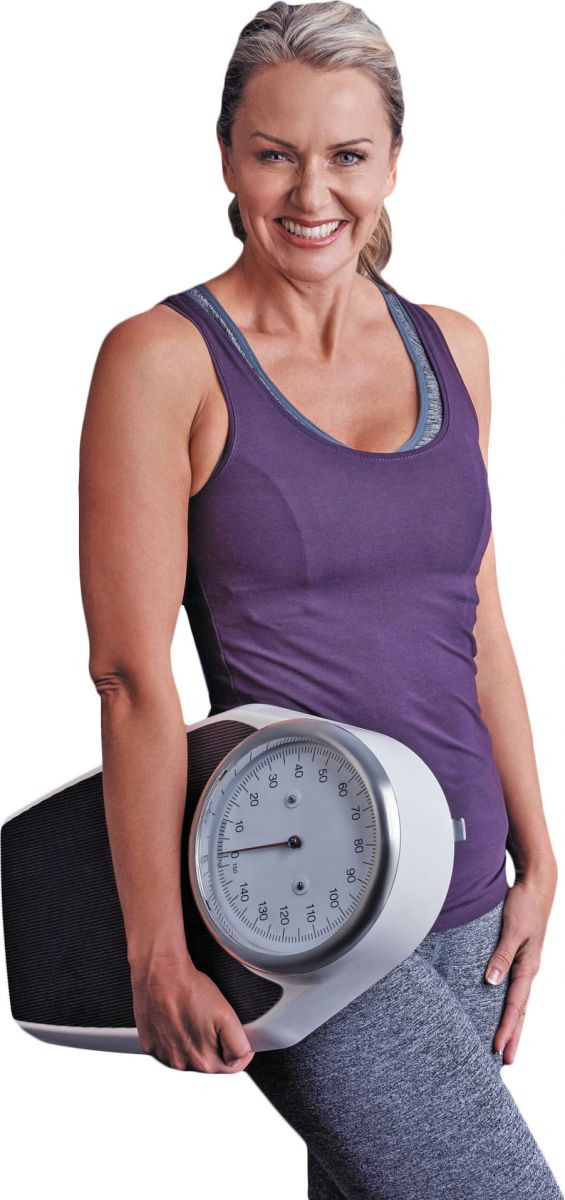
Can white noise really help you sleep better?

Celiac disease: Exploring four myths

What is prostatitis and how is it treated?

What is Cushing syndrome?

Exercises to relieve joint pain

Think your child has ADHD? What your pediatrician can do

Foam roller: Could you benefit from this massage tool?

Stepping up activity if winter slowed you down

Common causes of cloudy urine

Dragon fruit: How to enjoy this antioxidant-rich fruit
Stress Archive
Articles
Take a breather
Simple breathing techniques may help you to better manage heart-related issues.
Maybe you're already in the habit of taking a deep breath to calm down when you're feeling fed up or frustrated. But a regular practice of focused breathing might offer even bigger rewards.
"Stress directly affects blood flow to the heart muscle, and any technique people can use to lower stress will benefit the heart," says Dr. Kimberly Parks, a cardiologist at Harvard-affiliated Massachusetts General Hospital. Some people turn to yoga, tai chi, or meditation for stress relief. But others aren't interested in trying those techniques. For them, a simple breathing practice may be more appealing, in part because it's easy, it's free, it takes just a few minutes, and it can be done anywhere at any time.
Sexual and gender minorities face unique health risks
Memory problems and confusion are just the newest in a list of health problems that appear to disproportionately affect LGBT individuals.
Past research has shown that sexual and gender minority groups may be at higher risk for certain health conditions, including cardiovascular disease and mental health disorders such as anxiety and depression. A new study suggests that another condition — dementia — may also be on that list. Findings presented at the 2019 Alzheimer's Association International Conference showed that people who identified as a sexual or gender minority were more likely than other people to report worsening memory or increased confusion over the past year.
It's possible that some of the same underlying factors that affect risk of other diseases are playing a role in these reported cognitive changes as well, says Dr. Ole-Petter R. Hamnvik, an assistant professor of medicine at Harvard Medical School. "Almost any health outcome that you look at, you can find disparities in these groups. It's not just dementia," he says.
Women with post-traumatic stress disorder may be at higher risk for ovarian cancer
Research we're watching
Could a traumatic experience raise the risk of ovarian cancer? Researchers at the Harvard T.H. Chan School of Public Health and Moffitt Cancer Center found that women who remembered experiencing six or more symptoms of post-traumatic stress disorder (PTSD) had double the risk of later developing ovarian cancer, compared with women who had not reported PTSD symptoms. They were also more likely to develop a more aggressive form of the cancer. The researchers looked at data from more than 50,000 women who participated in the Nurses' Health Study II. Early in the study, women were asked to identify their most stressful life experience and any PTSD symptoms they had experienced following that event. Researchers then looked to see which of the women went on to develop ovarian cancer. The study, published Sept. 5 in Cancer Research, found higher cancer risk persisted even if a woman's PTSD symptoms had occurred decades in the past. Past animal research suggests that stress hormones may spur tumor growth.
Image: martinedoucet/Getty Images
Bisexuality and health: The cost of invisibility
People who identify as bisexual represent a substantial part of the population, yet research focusing on their health lags. Which health problems are more likely to occur in people who are bisexual and what might help to counter them?
Difficult relationships linked to bone loss
Research we're watching
Can emotional stress harm your bones? A new study found an association between stressful social relationships and bone problems in women. The study, which was published online July 9 by the Journal of Epidemiology & Community Health, found that women who reported high levels of social stress had lower bone density six years later. The study looked at more than 11,000 postmenopausal women. At the time of enrollment, the women filled out a questionnaire that asked them to rate their social stress levels and had their bone density measured both at enrollment and six years later at a follow-up appointment. Women who had reported high levels of stress at the initial interview showed a bigger decline in bone density at the follow-up compared with women who'd initially reported lower stress levels. This was true even after the researchers adjusted for other factors that may affect bone health, such as age, weight, smoking, alcohol use, and education, among others. The authors speculated that stress may harm bone health because stress leads to higher blood cortisol levels, a well-established reason for lower bone density. Further study is needed to understand and confirm the results.
Image: moodboard/Getty Images
A purpose-driven life may last longer
Study shows an association between a strong sense of purpose in life and a lower risk of death from cardiovascular problems and blood conditions.
If you believe your life has meaning, it could potentially be longer, says a new study published online May 24 by JAMA Network Open.
Study authors found that among a group of nearly 7,000 adults over age 50, those who scored highest on a scale that measured "life purpose" were less likely to die during the study period, and also less likely to die during the same period from heart, circulatory, or blood conditions, compared with those who scored lower.
Winning the weight battle after menopause
Lifestyle changes may not always be enough to control biologically driven body changes.
You spend hours in the gym every day. You eat nothing but grilled chicken, fish, and salads. Yet the numbers on the scale don't budge — or worse, they slowly creep up, along with your waist measurement.
Welcome to menopause.
"The change" actually does bring changes for many women, including weight gain that can resist even the most diligent efforts to reverse it, says Dr. Fatima Cody Stanford, instructor in medicine at Harvard Medical School.
A 20-minute nature break relieves stress
In the journals
Spending just 20 minutes connecting with nature can help lower stress hormone levels, according to a study in the April 4, 2019, Frontiers in Psychology. Previous research has shown that interacting with nature reduces stress, but it is not clear how long and how often the engagement needs to be, or even what kind of nature experience is best.
Here, researchers asked 36 people to spend 10 minutes or longer, three days a week for eight weeks, in an outdoor place where they could interact with nature. The settings varied from yards to public parks to green areas near their place of work. They also either walked or sat during their nature time.
Explaining high blood pressure
Ask the doctor
Q. What causes high blood pressure?
A. My answer is going to start in your back yard; stay with me. You're holding a hose, you turn on the water, and it shoots through the hose and out the nozzle. The water is moving because it's under pressure. Similarly, when your heart beats it creates pressure that enables your blood to "water" your body with the nutrients that are in your blood.
Three things affect the amount of pressure that pushes blood through your body: how forcefully the heart pumps, how much blood there is, and how narrow the smallest blood vessels are. That last one may need some explanation. When you're watering plants, and you want the stream of water to go farther, what do you do? You make the nozzle smaller. Narrowing the opening through which the water flows increases the pressure, and the water then is able to reach the distant flowerbed.

Can white noise really help you sleep better?

Celiac disease: Exploring four myths

What is prostatitis and how is it treated?

What is Cushing syndrome?

Exercises to relieve joint pain

Think your child has ADHD? What your pediatrician can do

Foam roller: Could you benefit from this massage tool?

Stepping up activity if winter slowed you down

Common causes of cloudy urine

Dragon fruit: How to enjoy this antioxidant-rich fruit
Free Healthbeat Signup
Get the latest in health news delivered to your inbox!
Sign Up











